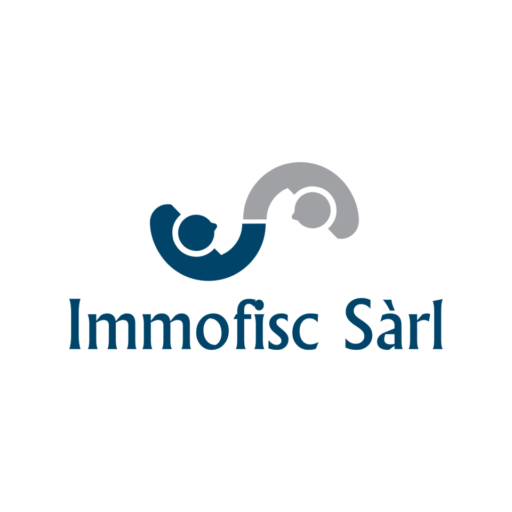Changes as of January 1, 2023
The company law amended on January 1, 2023 has advantages and some potential pitfalls for financial institutions.
The share capital can be denominated in EUR, GBP, USD or JPY as long as it is the most important currency with regard to the company's activities.
Adopted by Parliament in June 2020, the reform of public limited company (SA) law entered into force on 1 January 2023. The new provisions aim in particular to relax the rules on capital and the foundation and to allow the formation of capital -shares in foreign currency.
In accordance with the timetable set by the Federal Council, the revision of public limited company law, materialized through amendments to the Code of Obligations (CO) and the Ordinance on the Commercial Register (ORC), has been effective since 1 January 2023.
As part of the relaxation of capital and foundation rules, the reform introduces a new tool : the capital fluctuation margin.
Fixed upstream, this margin will allow the board of directors to increase or decrease the company's capital for a maximum period of five years.
In addition, it will now be possible to establish a company's share capital in certain approved foreign currencies.
However, cryptocurrencies are excluded.
The reform also enshrined the provisions on excessive remuneration in the law. The Federal Council's Ordinance Against Excessive Remuneration in Public Limited Companies Listed on the Stock Exchange therefore lapsed and was repealed.
In addition to these novelties, the reform also contains provisions concerning the thresholds of gender representation in the management of large companies and an increase in transparency in the raw materials sector.
Companies have two years (until January 1, 2025) to bring their articles of association into line with the new law. In particular, they will have to make these changes in order to benefit from the capital fluctuation margin.
Four legal changes that may be of concrete interest to unlisted companies:
1. FOREIGN CURRENCIES
The share capital can be denominated in EUR, GBP, USD or JPY as long as it is the most important currency with regard to the company's activities. If the share capital is denominated in one of these currencies , the accounts must be presented in this same currency and, in this case, the equivalent values in Swiss francs must also be indicated.
SA law does not oblige the company to increase its share capital.
The share capital must be at least 100,000 francs, or its equivalent in foreign currency , when the company is incorporated .
Assuming that a company is founded with capital in EUR and that this currency devalues, the company will, in fact, have a share capital of less than 100,000 francs.
SA law does not oblige the company to increase its share capital. However, this situation may pose regulatory problems.
For asset managers , article 22 FinIA prescribes that the minimum capital of 100,000 francs “must be maintained at all times”. Finma could demand a capital increase under penalty of administrative measures.
2. INTERIM DIVIDENDS
A public limited company can distribute dividends to its shareholders during the financial year.
To do this, the company must draw up interim accounts and, if necessary, have these accounts revised according to the regime applicable to annual accounts (opting-out, restricted or ordinary audit).
The payment of interim dividends is of particular interest when the company is sold by its shareholders and it is supposed to be free of carried forward profits on the day of the sale.
3. SHAREHOLDER INFORMATION
In unlisted companies, shareholders representing together at least 10% of the share capital or votes may request in writing at any time information from the board of directors on the affairs of the company..
The board of directors is required to provide the information within four months. The new right thus allows shareholders to obtain information on the progress of business without having to wait for a general meeting.
4. GENERAL ASSEMBLY
The concrete procedures for holding the general meeting are extended.
General meetings can now be held (i) on several sites simultaneously with live transmission between the sites, (ii) without a physical meeting place (videoconference only) if the articles of association so provide, or (iii) abroad if the statutes so provide.
The Trade Register refusing articles of association that do not comply with the law in force at the time of the requisition for registration. n conclusion, since January 1, 2023, the adoption of new bylaws presents specific challenges; professional advice may be useful in this context.
Do not hesitate to contact us to discuss it


